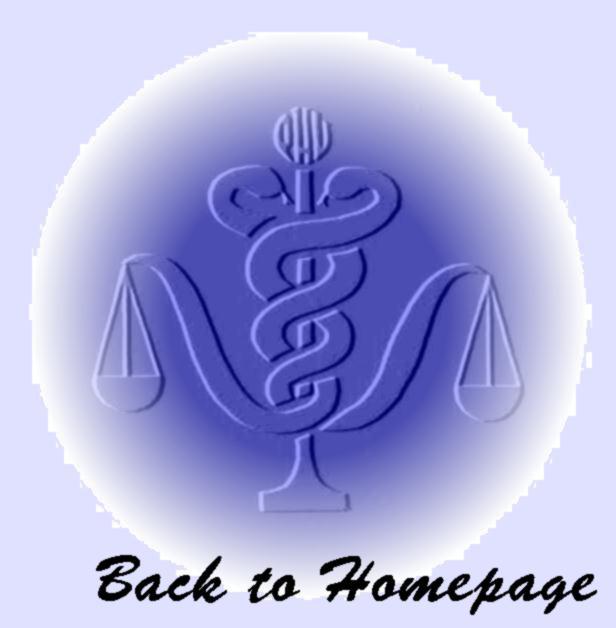www.forensic-psychiatrist.com


COMPETENCY TO MAKE A WILL: TESTAMENTARY CAPACITY / UNDUE INFLUENCE...
Wills are generally contested either on the grounds that the testator lacked Testamentary Capacity (was incompetent to make a will at the time of signing it) or the testator, because of his/her mental state, was subject to Undue Influence (i.e. if there is evidence of coercion, manipulation, deception, compulsion, intimidation, etc.) or an Undue Influence secondary to a thought disturbance (such as delusions affecting the testator's free will in making decisions).
Isaac Ray (1807-1881), “the father of American forensic psychiatry” proposed that there was a role for a forensic psychiatrist in a will contest, as the psychiatrist has relevant knowledge to analyze available information in determining competency.
Testamentary Capacity - refers to an individual’s capacity to make a will. These evaluations are usually retrospective since the issue is most frequently raised after the testator’s death.
Since wills are usually contested after the testators death, forensic evaluations to determine Testamentary Capacity require careful review of medical, psychiatric, nursing home, pharmacy, and other relevant records in an attempt to reconstruct the mental state of the testator at the time of making the will. Friends, family members, acquaintances, and individuals who interacted with the testator around the time of making the will should be interviewed if available.
The reports should reflect the case law or the statutory requirements of a given jurisdiction. In general, the Forensic Psychiatrist performing the evaluation should determine whether or not the testator, at the time of making the will, had a psychiatric disorder, a medical condition, or a cognitive impairment, which could affect the testator’s ability to make a will. The evaluator should address the issues of whether or not the testator, at the time of making the will, had the capacity to understand, know, or recognize:
A testator with addiction to drugs or alcohol, if in a “lucid interval,” does not generally lack testamentary capacity. However, chronic use of drugs or alcohol may result in medical and psychiatric conditions that can impact a testator’s mental state or make him/her susceptible to undue influence.
Undue Influence – refers to manipulation, deception, intimidation or coercion, made by designing individuals, resulting in impairment of the ability of the testator to make free choices in distribution of the estate in the will.
In determining if influence was undue, the evaluator should distinguish between encouragements of a relative or a friend for a testator to remember him or her in his will, from deceptive, manipulative and coercive actions.
Undue Influence can result from actions by designing individuals (coercion, manipulation, deception, compulsion, intimidation, etc.) or be secondary to a psychotic process (such as delusions) affecting the testator’s free will in making decisions.
A presumption of Undue Influence usually arises when the beneficiary had actively participated in the preparation and execution of the will and had disproportionately benefited from it.
The party making the request should expect the report to address the following areas:
The party making the referral is responsible for the provision of the necessary collateral information for the preparation of the report.
- Insanity Defense / Criminal Responsibility - Competency to Stand Trial - Diminished Capacity -
- Capital Sentencing / Mitigation - Sex Offenders - Violence Risk Assessments - Malingering -
- Suicide Risk Assessments - Medicolegal Issues in Correctional Psychiatry - Juvenile Transfer -
Testamentary Capacity / Undue Influence - Competency to Make a Will -
- Disability Evaluations / Independent Medical Evaluations - Discrimination -
- Workers' Compensation - Personal Injury / Psychiatric Harm -
- Psychiatric Malpractice / Standards of Care / Medical Record Review -
- Americans with Disabilities Act / ADA - Sexual Harassment - Workplace Violence Assessments -
- Testimonial Capacity / Competency to Testify as a Witness -
- other forensic, mental health and law related assessments -
On-line Resume
COMPLETE RESUME AND REFERENCES AVAILABLE UPON REQUEST
About Forensic Psychiatry Practice
Back to Dr. Voskanian's Home Page
www.forensic-psychiatrist.com
